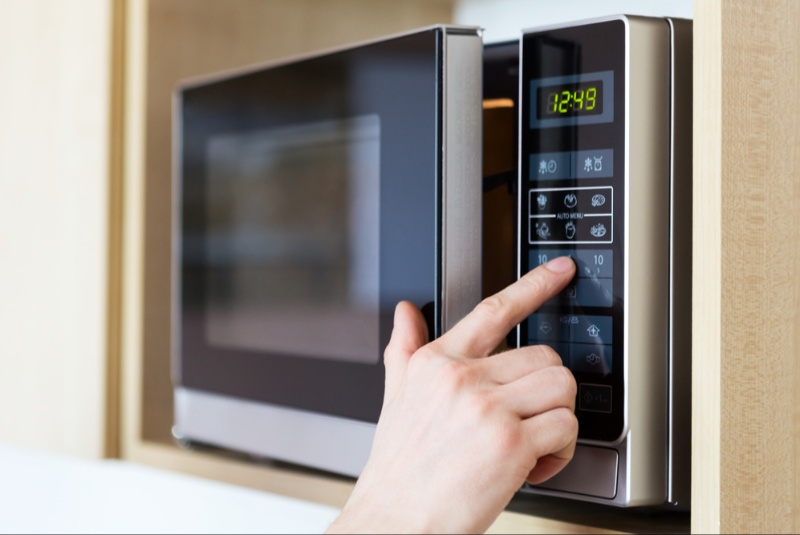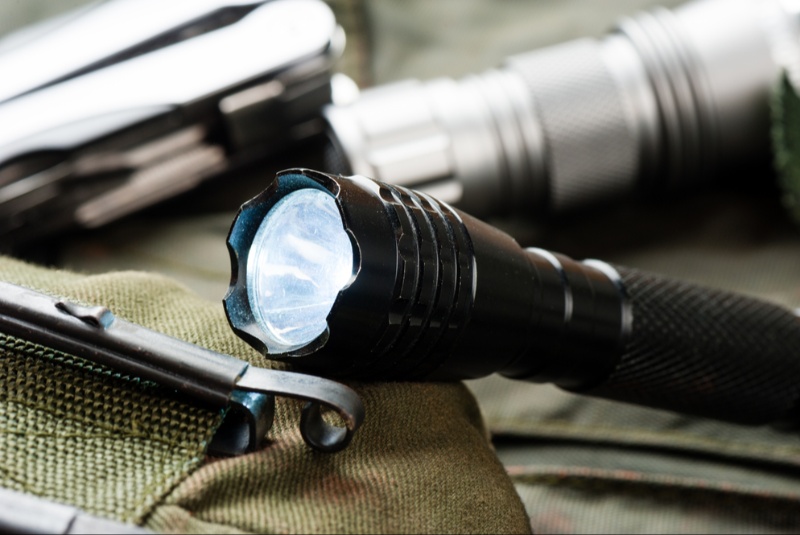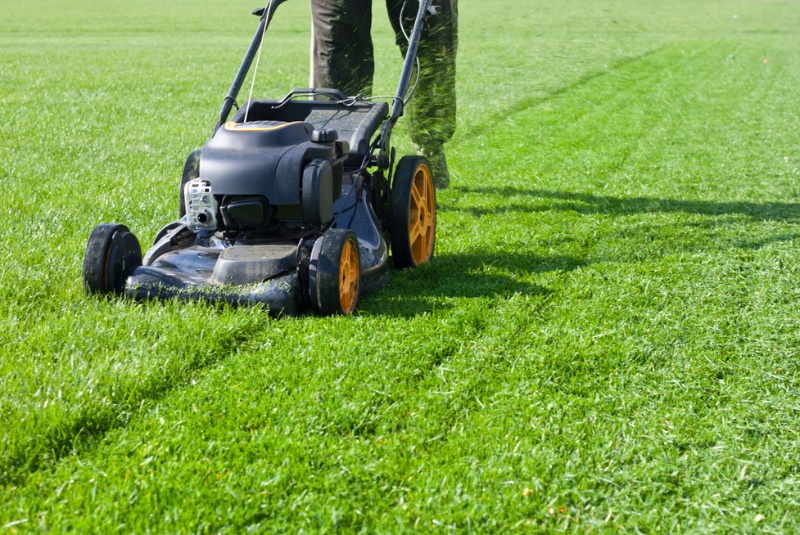For treasure hunters and metal detecting enthusiasts, owning a professional-grade metal detector is essential for successful expeditions. Whether you’re searching for historical artifacts, coins, or jewelry, the right equipment can make all the difference. This guide will provide you with the necessary information to choose a metal detector that meets your treasure hunting needs.
Understanding Different Types of Metal Detectors
Metal detectors come in various types, each designed for specific purposes. The main types include Very Low Frequency (VLF), Pulse Induction (PI), and Multi-Frequency detectors. VLF detectors are versatile and great for general use, PI detectors excel in mineralized environments like beaches, and Multi-Frequency detectors offer the benefits of both VLF and PI technologies.
Evaluating Search Coil Size and Type
The search coil, also known as the detector’s ‘head,’ plays a crucial role in detecting metal objects. Larger coils cover more ground and detect deeper targets, but they may miss smaller objects. Smaller coils are more sensitive to smaller items and better for areas with lots of metal debris. Consider interchangeable coils for versatility in different terrains.
Assessing Depth and Sensitivity
Depth and sensitivity are key factors in a metal detector’s performance. Professional-grade detectors often provide greater depth penetration and the ability to detect smaller objects at deeper levels. Look for models with adjustable sensitivity settings to fine-tune your searches based on ground conditions.
Discrimination and Target Identification Features
Discrimination is a vital feature that allows you to filter out unwanted metals and focus on specific types. Target identification helps you determine the type of metal detected before digging. A good metal detector will have adjustable discrimination settings and provide accurate target identification.
Ground Balancing Capabilities
Ground balancing is essential for reducing interference from mineralized soils. Automatic ground balancing detectors adjust to the soil conditions on their own, while manual ground balancing models require user adjustment. Some advanced detectors offer both options for maximum flexibility.

Durability and Weather Resistance
Considering the varied environments in which treasure hunters operate, a professional-grade metal detector should be durable and weather-resistant. Look for robust construction and materials that can withstand rough handling and exposure to different weather conditions.
Weight and Ergonomics for Comfortable Use
Since metal detecting often involves hours of searching, the weight and ergonomics of the detector are important. A lightweight and well-balanced detector reduces arm fatigue, allowing for longer and more comfortable use. Adjustable shafts and ergonomic handles add to the overall comfort.
Battery Life and Power Options
Long battery life is crucial for extended treasure hunting sessions. Consider the battery type and life of the detector, as well as the availability of rechargeable options or backup power sources. Some detectors also offer solar charging capabilities for added convenience.
Advanced Technology and Extra Features
Advanced technology like GPS tracking, wireless audio, and smartphone compatibility can enhance your metal detecting experience. Additional features like pinpointing, which helps locate the exact position of a target, can save time and effort in the field.
Budget and Cost-Effectiveness
Professional-grade metal detectors can vary significantly in price. Determine your budget and consider the cost-effectiveness of the detector in relation to its features and potential for successful finds. Investing in a higher-end model might offer better long-term value due to its enhanced capabilities and durability.
Warranty and After-Sales Support
A comprehensive warranty and reliable after-sales support are important considerations. They ensure that you are covered in case of defects or malfunctions. Look for manufacturers with a reputation for excellent customer service and support.
Reading Reviews and Gathering User Insights
Before making a purchase, read reviews and gather insights from experienced users. Online forums and metal detecting communities can provide valuable information on the performance and reliability of different models. User experiences can help you gauge the practicality and effectiveness of the detectors.
Testing the Detector Before Purchase
If possible, test the metal detector before purchasing. Many dealers offer demonstrations or rental options. Trying out the detector firsthand allows you to assess its feel, ease of use, and suitability for your specific treasure hunting goals.
Buying a professional-grade metal detector is a significant investment for any treasure hunter. By considering factors like type, coil size, depth, sensitivity, discrimination, ground balancing, durability, comfort, technology, and cost, you can select a detector that enhances your treasure hunting adventures. With the right equipment, you’re well on your way to uncovering the hidden treasures that await.




